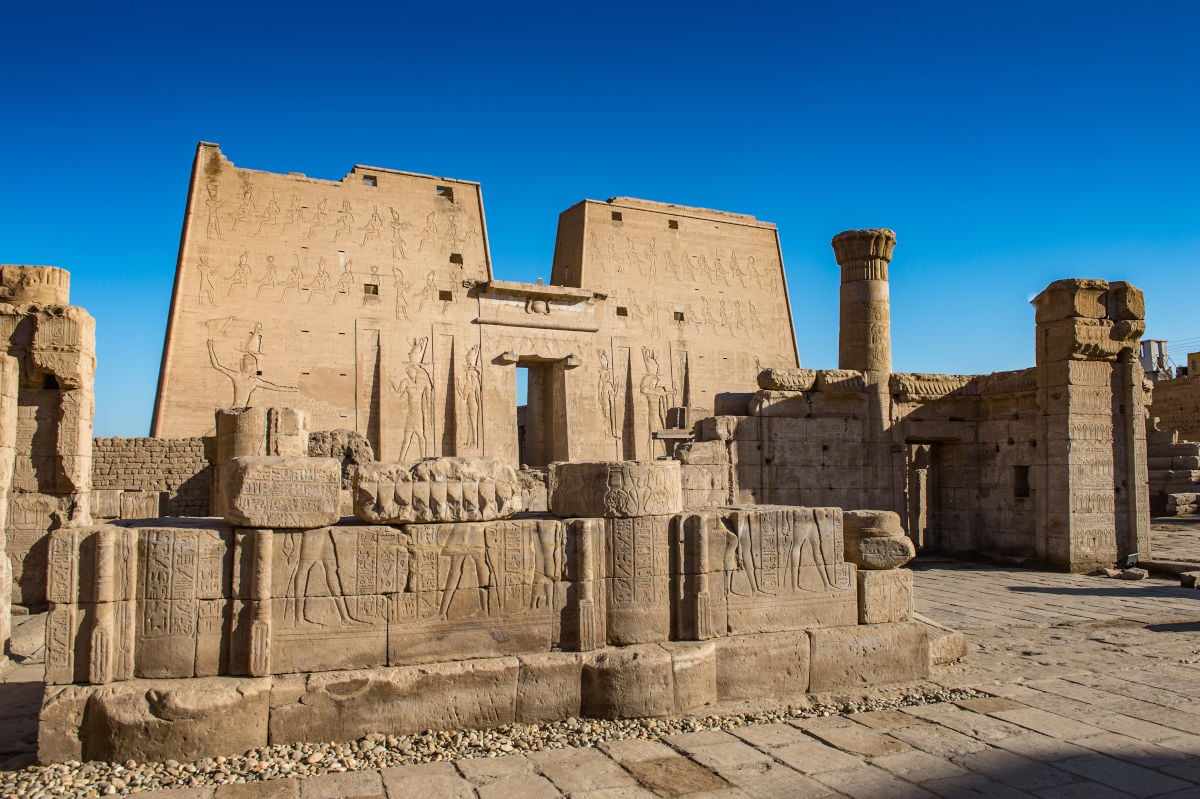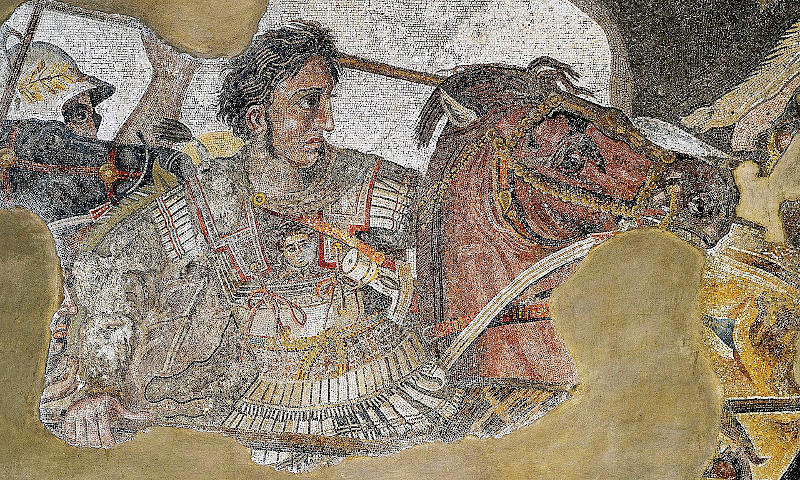
Murder in the Family: The Ptolemies
For 275 years, the Ptolemies ruled as Egypt’s last, enduring dynasty. Each king carried the name Ptolemy, and each queen carried the name Cleopatra, Berenice, or Arsinoe. They are remembered for their epic final moments - the Ptolemies knew how to go out in style. Flourishing as a prosperous and richly cultured empire, nothing compared to their opulence.
In the beginning, they were welcomed. The Egyptians had been under the rule of the Achaemenid Empire, which cared little for their religion or traditions. Conversely, the Ptolemies embraced their culture, blending their Macedonian heritage with Egyptian customs. Establishing their power and influence through diplomatic relations with Egyptian elites and the priesthood, their legitimacy was never questioned. Ambitious kings and formidable queens were highly organized, establishing numerous military colonies, tightly controlling commerce and trade, and providing aid to the less fortunate.
- The Golden Age of Ptolemaic Egypt (332-14 BC)
- Ptolemy Soter’s Strategy: Becoming Pharaoh And A God Of Egypt
Greeks were invited into their magnificent capital of Alexandria. The Canopic Way, stretching from east to west down its center, was lined with vibrant, towering complexes and statuary. It was a marvel of Greek and Egyptian grandeur under rulers who expected no less. The Ptolemies reveled as divine saviors of Egypt; their festivals and accommodations were extravagant. The Great Library housed the most impressive collection of literary work known to history. The Lighthouse of Alexandria on the island of Pharos - a great wonder of the ancient world - was only surpassed in height by the pyramids of Giza.

The Lighthouse of Alexandria by Philip Galle. (Public Domain)
On the outside, the Ptolemies were seemingly unstoppable. However, behind a fantastical facade, otherworldly pursuits of glory were destined to wreak havoc. It is clear that they practiced incestual marriage. Some said they wished to imitate the gods. Others pointed to the Egyptian tradition of marrying within the family, though it was never as common as many believed it to be. Perhaps, it removed rival kingdoms from taking the throne or kept their bloodline pure. Whatever the reason, it never stood a chance. The Ptolemies were viciously unyielding to each other. Their dynasty was forever stained with the blood of kin, a legacy that destroyed them from the inside out.
The Golden Age
In 323 BC, Alexander the Great conquered Egypt, became pharaoh, and founded Alexandria. At the time of his death, his generals became satraps (governors) of the various provinces throughout his vast empire. Naturally, Ptolemy I took Egypt. Ptolemy was a childhood friend and close confidant of Alexander. It was rumored and firmly embraced by the Ptolemies that Ptolemy was a half-brother to Alexander through an affair involving Alexander’s father, Phillip II, and a concubine that was gifted to him by a nobleman. This further legitimized the Ptolemies as rightful rulers and connected them to Alexander, who would become a celebrated cult figure in Egypt.
If rumors are considered, the macabre family tradition may have originated with Olympias, mother to Alexander the Great. Alexander’s father, Phillip II, was a man of many wives, one of those being Olympias. Her relationship with Phillip was unsurprisingly complicated and tumultuous. When Phillip chose to wed a noblewoman named Eurydice, the woman’s father challenged Alexander as heir, and Phillip did nothing. Olympias fled to her brother, who would betray her trust by accepting Phillip’s offer to wed their daughter. During a gathering to celebrate the marriage, Philip was repeatedly stabbed in the chest by his bodyguard. Olympias was suspected as the mastermind, later openly involved in the execution of Eurydice and her son. Alexander the Great became king of Macedonia.

A mosaic of Alexander the Great at Pompeii. (Public Domain)




